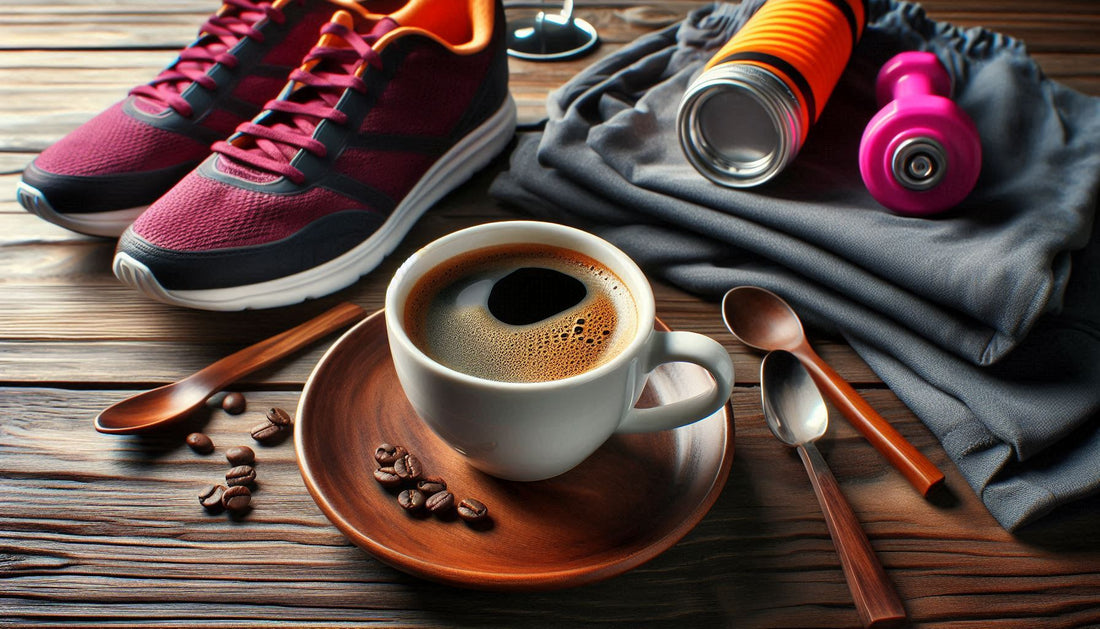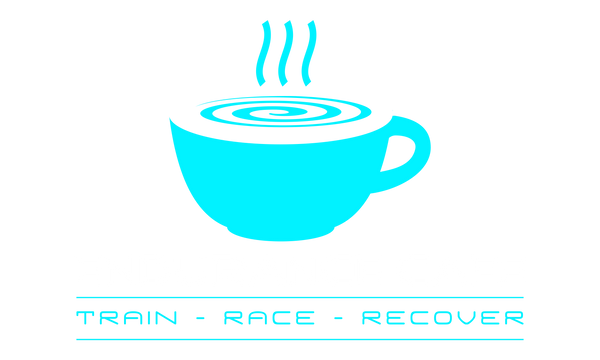
Coffee Before Running.
Share
If you’re a coffee lover (and I’m guessing you might be, since you’re reading this), you probably don’t give much thought to your daily caffeine fix. You know when you need it, and you just go for it—no questions asked. Changing up your coffee routine probably doesn’t sound like something that would make a huge difference.
But what if we told you that fine-tuning your caffeine intake could actually BOOST your running performance? Let’s break down whether sipping coffee before or after a run is more beneficial.
The Benefits :
For many, having a cup of coffee before a run is part of the morning ritual—something that kicks off the day. But beyond the habit, science backs up the idea that caffeine can be a game-changer for your performance.
Aside from giving you that essential wake-up boost, caffeine has been shown to enhance both speed and endurance. If you’re feeling sluggish or sleep-deprived, studies suggest that consuming caffeine before a short nap (yes, you read that right) can actually improve sprint performance and boost antioxidant defense. Plus, caffeine has been proven to improve mental focus during intense exercise.
Whether it's a cup of coffee, tea, an energy gel, or even caffeinated gum, a moderate amount of caffeine can help you feel energised without the dreaded jitters.
We recommend consuming a small dose of caffeine 30 to 60 minutes before a run to give you that extra push. But what exactly counts as a "small amount"?
It’s typically about 100 to 300 milligrams for most. That’s roughly the equivalent of one to three 8-ounce cups of coffee in a day.
However, since everyone’s body reacts differently to caffeine, we recommend experimenting to find what works best for you.
It’s also important to note that coffee can speed up your gastrointestinal system—though scientists aren’t entirely sure why that happens. So, it’s crucial to know how coffee affects your stomach before a race day. You should test out coffee a few times before exercising to figure out how it affects you personally.
Additionally, the timing that works best for you might vary depending on the event. For example, the caffeine timing for a 5K could differ from a marathon.
Finding the right caffeine routine might take a little trial and error. But be patient—getting the timing right so you don’t end up running to the toilet could take some practice.
Finally, most studies on caffeine and performance use black coffee, so it’s unclear how the milk, sugar, or other ingredients in specialty coffee drinks might affect your performance—positively or negatively.
Endurance Cafe recommends to drink our coffee with no additions once filtered / expressed and either in the size of an espresso shot or "Lungo" 150ml size.
